Circuit Description
Normally, switches, accelerators, and other components are connected to the engine control module (ECM) directly through individual wires. Multiplexing allows those same components to be hard wired to an original equipment manufacturer (OEM) vehicle electronic control unit (VECU) or transmission electronic control unit (ECU) in the cab. Then component values and states from components such as sensors, accelerators, and switches can be transmitted from the OEM VECU to the Cummins® ECM over the SAE J1939 data link.
Component Location
The SAE J1939 data link wiring and the SAE J1939 devices vary by OEM options.
Conditions for Running the Diagnostics
The first part of the diagnostic runs continuously while the keyswitch is in the ON posistion or the engine is running.
Conditions for Setting the Fault Codes
The ECM did not receive a message from the multiplexed device.
Action Taken When the Fault Code is Active
The ECM illuminates the amber CHECK ENGINE lamp and/or the malfunction indicator lamp (MIL) immediately when the diagnostic runs and fails.
Conditions for Clearing the Fault Code
To validate the repair, start the engine and let it idle for 1 minute.
-The fault code status displayed by INSITE™ electronic service tool will change to INACTIVE immediately after the diagnostic runs and passes.
-The ECM will turn off the amber CHECK ENGINE lamp immediately after the diagnostic runs and passes.
-For On-Board Diagnostics (OBD) engines, the ECM will extinguish the Malfunction Indicator Lamp (MIL) after three consecutive trips where the diagnostic runs and passes.
-The Reset All Faults command in INSITE™ electronic service tool can be used to clear active and inactive faults, as well as extinguish the MIL for on board diagnostic (OBD) applications.
Possible Causes
-Incorrect ECM software for this application.
-A malfunctioning SAE J1939 datalink circuit.


 AGCO
AGCO ALLISON
ALLISON BENDIX
BENDIX BOBCAT
BOBCAT CAT
CAT CLAAS
CLAAS CNH
CNH DAF
DAF DETROIT
DETROIT EATON
EATON FREIGHTLINER
FREIGHTLINER HINO
HINO HITACHI
HITACHI ISUZU
ISUZU JCB
JCB JOHN DEERE
JOHN DEERE JPRO
JPRO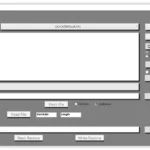 MAGIC TUNER
MAGIC TUNER MAN
MAN Navistar
Navistar PACCAR
PACCAR PERKINS
PERKINS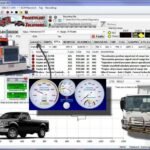 PF DIAGNOSE
PF DIAGNOSE PSI POWERLINK
PSI POWERLINK RENAULT
RENAULT SCANIA
SCANIA THERMO KING
THERMO KING UD NISSAN
UD NISSAN VOLVO
VOLVO WABCO
WABCO ZF TESTMAN
ZF TESTMAN
 BELL
BELL BENDIX
BENDIX BOBCAT
BOBCAT CARRIE
CARRIE DAF
DAF DETROIT
DETROIT EATON
EATON FUSO
FUSO MACK
MACK
 Cumminz
Cumminz ISB4.5 CM2150
ISB4.5 CM2150 All Engines (2017 Emissions)
All Engines (2017 Emissions) PACCAR
PACCAR
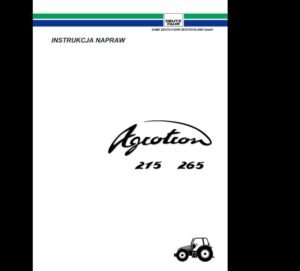
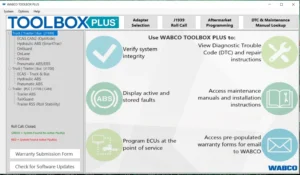
![The DOOSAN ELECTRONIC MARINE & GENERATOR ENGINE ANALYZER 01.04 [2024.04] is an essential software tool for the maritime industry. It provides real-time performance monitoring and advanced diagnostic features for marine generators. This updated version enhances user experience and compatibility with a broader range of marine engines. Its improved tools support predictive maintenance and detailed reporting, helping operators optimize efficiency and reduce costs.](https://ecmtrucks.com/wp-content/uploads/2024/08/66-2-300x226.png)






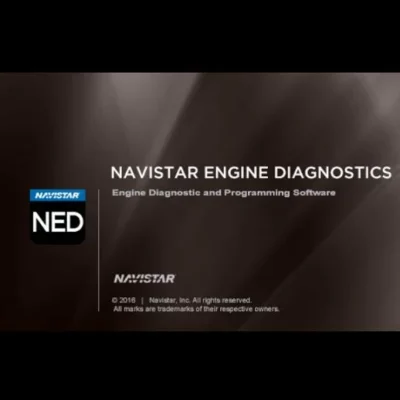
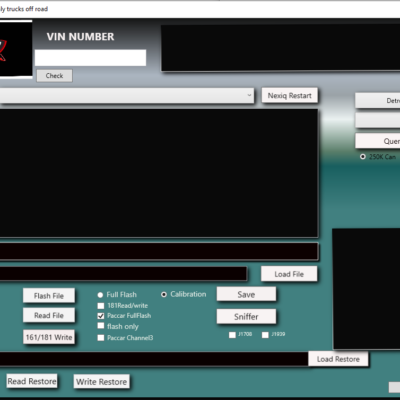

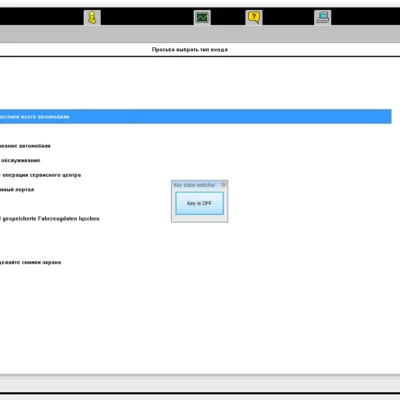
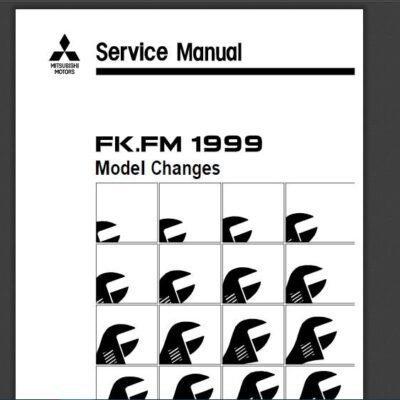
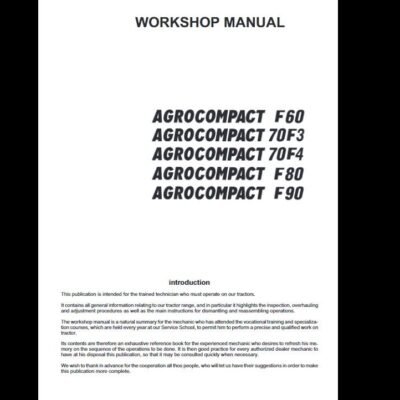
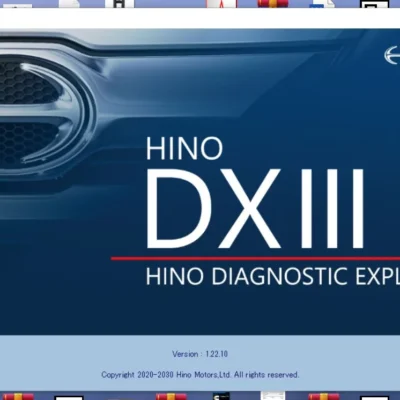
Reviews
Clear filtersThere are no reviews yet.